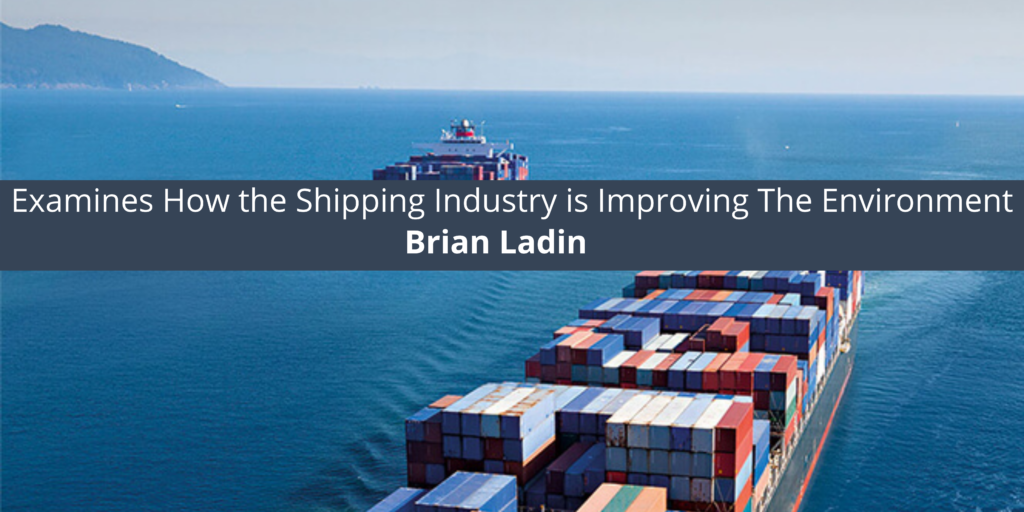Brian Ladin Examines How the Shipping Industry is Improving The Environment


Brian Ladin has been working hard over the last few years to help cut back on the carbon emissions throughout the maritime shipping industry. These steps are designed to severely and positively decrease the dangerous impact that these chemicals have on the environment and global warming. Though some of these steps may be hard to implement throughout the industry as a whole, he believes it is the way forward, one that cannot be ignored any longer.
Environmental Steps Brian Ladin Sees the Shipping Industry Taking
As the CEO of Delos Shipping, Brian Ladin has taken an active role in improving the environmental impact of the shipping industry. Few people understand that this market represents around three percent of all yearly CO2 emissions, due to its model of moving various goods on waterways. And he and various other shipping leaders have banded together to create a plan for minimizing this impact.
One of the most significant steps that they’re pushing is to install more electrical motors and propulsion systems on maritime ships. These ships rely almost entirely on fuel, which produces heavy CO2 emissions during every shipment. By switching to large electrical motors that do not produce carbon, it is possible to severely limit this problem.
Furthermore, Brian Ladin suggests focusing more on ship design and efficiency, taking steps to make their prows smoother and easier to control. This step is surprisingly beneficial and could lower fuel consumption by as much as 15-25%. By simply changing how we design these ships and focusing on their overall efficiency, it is possible to cut back on their environmental impact even further.
Unfortunately, not every company is on the same page as Ladin and others trying to pursue this vision. For them, such suggestions are not economically feasible or even necessary. That said, there are some suggestions that even these companies can implement to help out the environment. For example, something as simple as slowing down shipping speeds could help here.
Brian Ladin has suggested that these companies slow just half of their fleet down by 30% when they’re on the water. This step is very simple and could cut around 200 megatons of CO2 every year. And many companies that may not be willing to switch to electric motors or other types of environmentally secure methods have willingly embraced this idea and find it a great way to help the world.
Unfortunately, these steps are still far from universal in the shipping industry. While it is true that a growing number of companies are embracing these steps when faced with the potential dangers of global warming, still more are not. It may take some and severe emergencies to push these businesses to change. This frustrating situation is one that Ladin hopes to change over the next few years.

